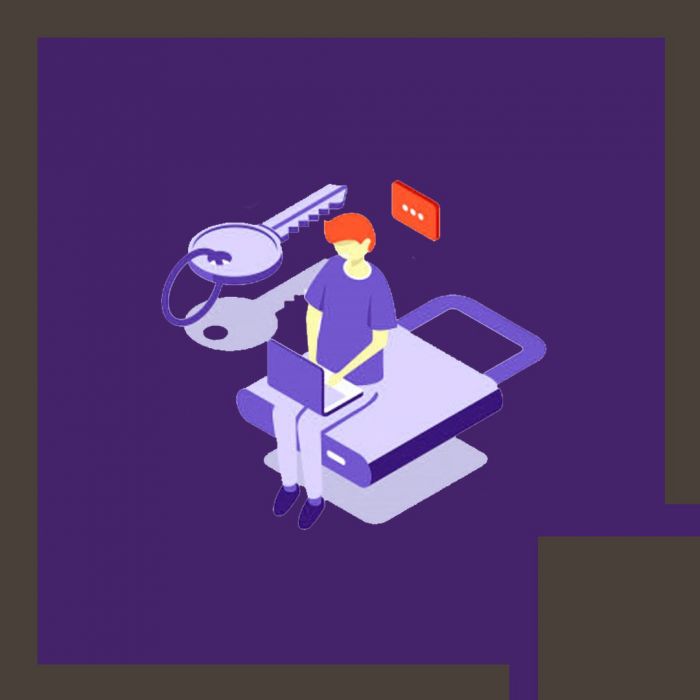
How to Nail Your Job Interview - The Expert Guide for IT Professionals
A job interview is the most important step in a job search - it’s your chance to show the hiring manager or company that you’re qualified for the job. Because of this, interviews can also be the most intimidating aspect of a job search. With enough practice and preparation though, there's no need to panic. In this article, we discuss how to nail your career's first interview, so you can be confident and prepared.
Before Your Interview
Job interviews can be intimidating, especially if you view it as a test of your skills. Instead, consider viewing it as a conversation between you and another person determining if you and the employer would be a good fit. Just like how the employer needs to make sure they hire someone who's a good fit, you, the person interviewing, need to make sure the employer is a good fit for you. Researching why certain questions are asked in your industry can lessen the intimidation, especially if you're asked a question you weren't expecting. By understanding why it's being asked, you can adapt your knowledge and demonstrate your skillset in a number of hypothetical situations.
Another tip we have before the interview is to prepare extra copies for your resume or CV. You can take notes during the interview and make a good first impression with your potential employer.

Is Web Development the Right Career
On DemandThis short course of only one-hour duration covers the topic of web development and its benefits as a career.
Start A CourseArriving at Your Interview
Your arrival is the first opportunity to show your confidence and professionalism. It's important to be courteous and professional to others, even if they're not the ones hiring you. It goes without saying, but receptionists, janitors, or other customers should be treated with the same amount of respect as the hiring managers.
During Your Interview
Many interviews start off with asking why you're here--why did you choose X company, what made attracted you to the role, etc. It's important to have researched both the company and the role beforehand, so you can demonstrate to the hiring manager why you would be a great candidates. People who know nothing about the company's values or the responsibilities that ocme with a certain role demonstrate a lack of knowledge and understanding. One tip is to check out the company's mission statement. By looking at their mission statement, it also lets you decide if the company would be a good fit for you. If the company's values and mission doesn't align with you at all, it probably won't be a good fit for you. For example, someone who's vegan probably wouldn't want to work for a company that sells animal products like leather or fur.
Answering Interview Questions
When answering interview questions, no matter the industry, keep in mind the following tips:
- Speak clearly and loud enough.
- Try to maintain good posture, eye contact, and an open smile
- Support all statements about your skills by giving examples
- Align your answers with how the company would benefit from your contributions
- Don't answer questions with "I don't know". It's perfectly acceptable to ask for clarification if you don't understand the question!
- You're allowed to take a moment to think about your answer. We're all human, it'd be unrealistic to have the perfect, rehearsed answer immediatly after the question has been asked!
Asking the Interviewer Questions
As we mentioned earlier, it's good to think of interviews as a conversation between two people, versus a test of your skills. If you have any questions, ask them! Many interviews often end with the hiring manager asking if you have any questions. Some sample questions you could ask include:
- What does a typical day look like for this role?
- How was the company founded?
- How would you describe the company culture?
Avoid asking irrelevant or personal questions, as well as questions that show reluctance to do your potential responsibilities (i.e. Do I really have to do xyz?)
Leaving Your Job Interview
After the interviewer, the hiring manager will discuss what the next steps in the process will look like so you know what to expect. If you have a recruiter, be sure to follow up with them how your interview went. Before you leave, thank the hiring manager for their time, and repeat your interest in the role/company.
Next Steps
You've done it--you made it through the interview! Hopefully the hiring manager reaches out with good news, and if not, no need to panic. You can request feedback to do better on your next interview, and if you have a recruiter, they can explain why it wasn't the best fit. The most important thing is to keep trying! Keep applying to jobs and keep interviewing!
Wrap-Up
It’s normal to be nervous before your interview, but it’s important to instill confidence, present yourself well, and demonstrate how you’re the best person for the role. With the tips presented in this article, you'll be better prepared for your next interview!


